Editor's note: Delta and United have since backtracked and eliminated the fares that pushed solo travelers into higher prices. As of Saturday morning, American Airlines was still selling those tickets.
It's been more than 24 hours since we published a bombshell story that the nation's largest airlines are charging some solo travelers significantly higher fares than groups of two or more – and even longer since we reached out to those three carriers for comment.
None of them has said a word – refusing to confirm, explain, or even defend their questionable new pricing tactic.
Neither American nor United have responded to repeat requests for comment from Thrifty Traveler, while Delta declined to comment on the record. All the while, the story has made national headlines and caused an uproar on social media from solo travelers sickened by airlines' latest way of shaking down customers for more money.
Airlines are notoriously secretive when it comes to how they set fares. But make no mistake: This is absolutely real.
For now, it's hit or miss, according to our team of flight deal analysts' extensive research through thousands of fares. Solo travelers won't see higher prices on each and every American, Delta, or United fare but only on select one-way domestic flights. We haven't yet seen it on other major U.S. carriers like Alaska, JetBlue, or Southwest.
But in some cases, the penalty for single passengers is egregious.
For example, one passenger searching for a one-way United flight from Chicago-O'Hare (ORD) to Asheville (AVL) this summer will see a fare of over $224 for basic economy – or $259 for a standard economy ticket.
But bump that up to two passengers, and the price per ticket for that exact same flight to North Carolina drops precipitously: As low as just $109 apiece, or $218 total for two.
See more examples of this pricing dynamic in our full story from yesterday
That's right: You can buy two tickets for less than the price of one. And that's just the tip of the iceberg for how this new pricing dynamic is playing out on United, Delta, and American flights across the country.
It's unclear when airlines began doing this. But whether it's been days, weeks, months, or even a year, it's irrelevant: Few everyday travelers may have realized what is happening … or how much it might be costing them.
It's a significant change in how airlines set airfare prices with absolutely no explanation or accountability.
Airlines set their prices far differently than retailers or wholesalers, where bulk discounts are common. But even if you believe airlines should play by the same rules as Costco, Costco tells you exactly how much you stand to save by buying in bulk.
Airlines haven't said a word that they've begun penalizing some solo travelers with higher fares or that you can potentially get a lower price by booking for two or more passengers. And there's the rub.
This is not a discount for groups. It's a price increase for single travelers – whether they're flying on a corporate account, planning a group trip with friends across the country, or rushing off to attend to a family emergency.
This new measure is no doubt designed to target business travelers. It's just another way for airlines to continue “segmenting” their customers, charging business travelers paying with a corporate card more while offering a better deal to price-sensitive families on the exact same flight.
But not all solo passengers are booking flights on their employers' dime. Far more Americans will pay a higher price.

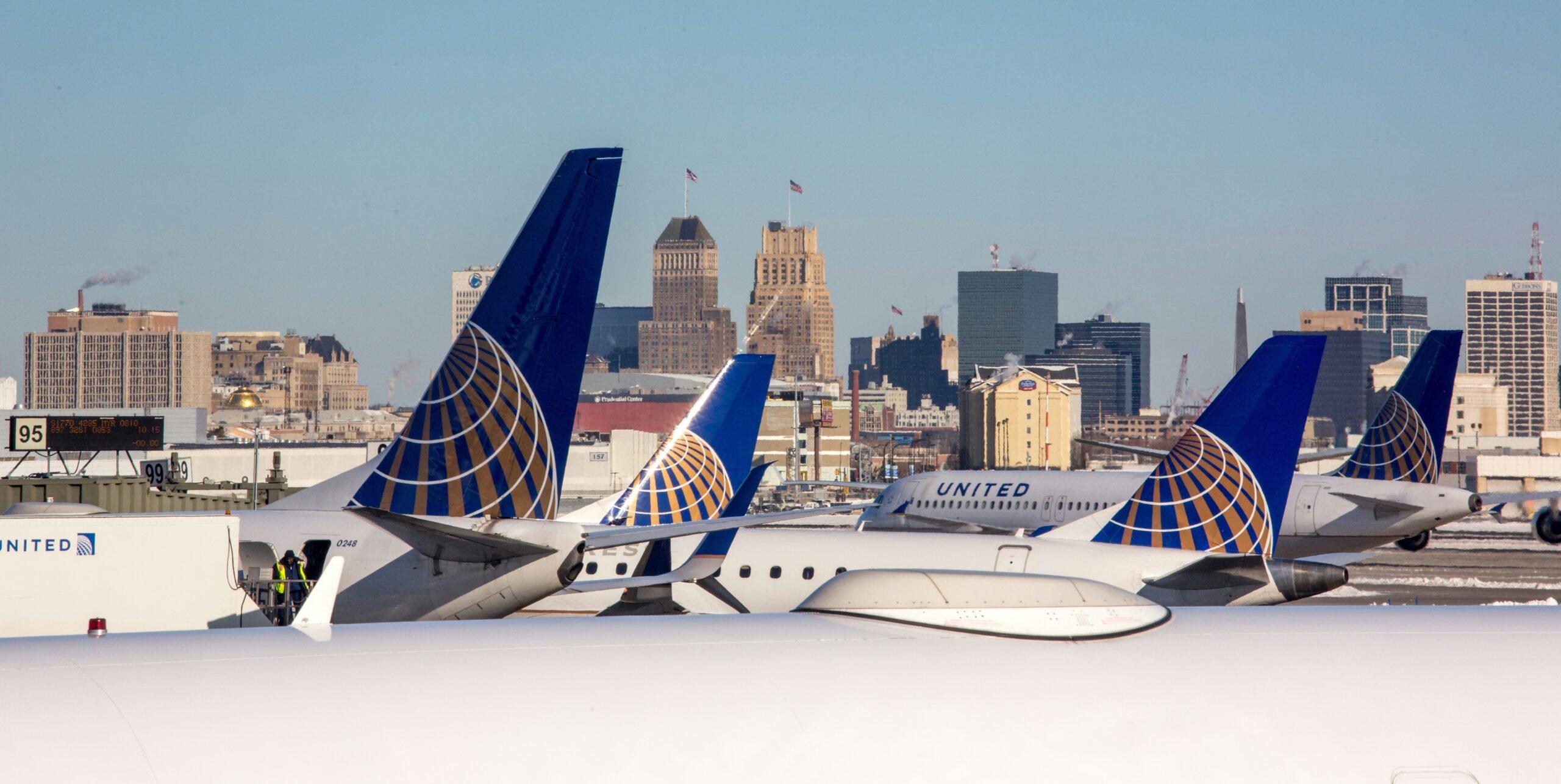

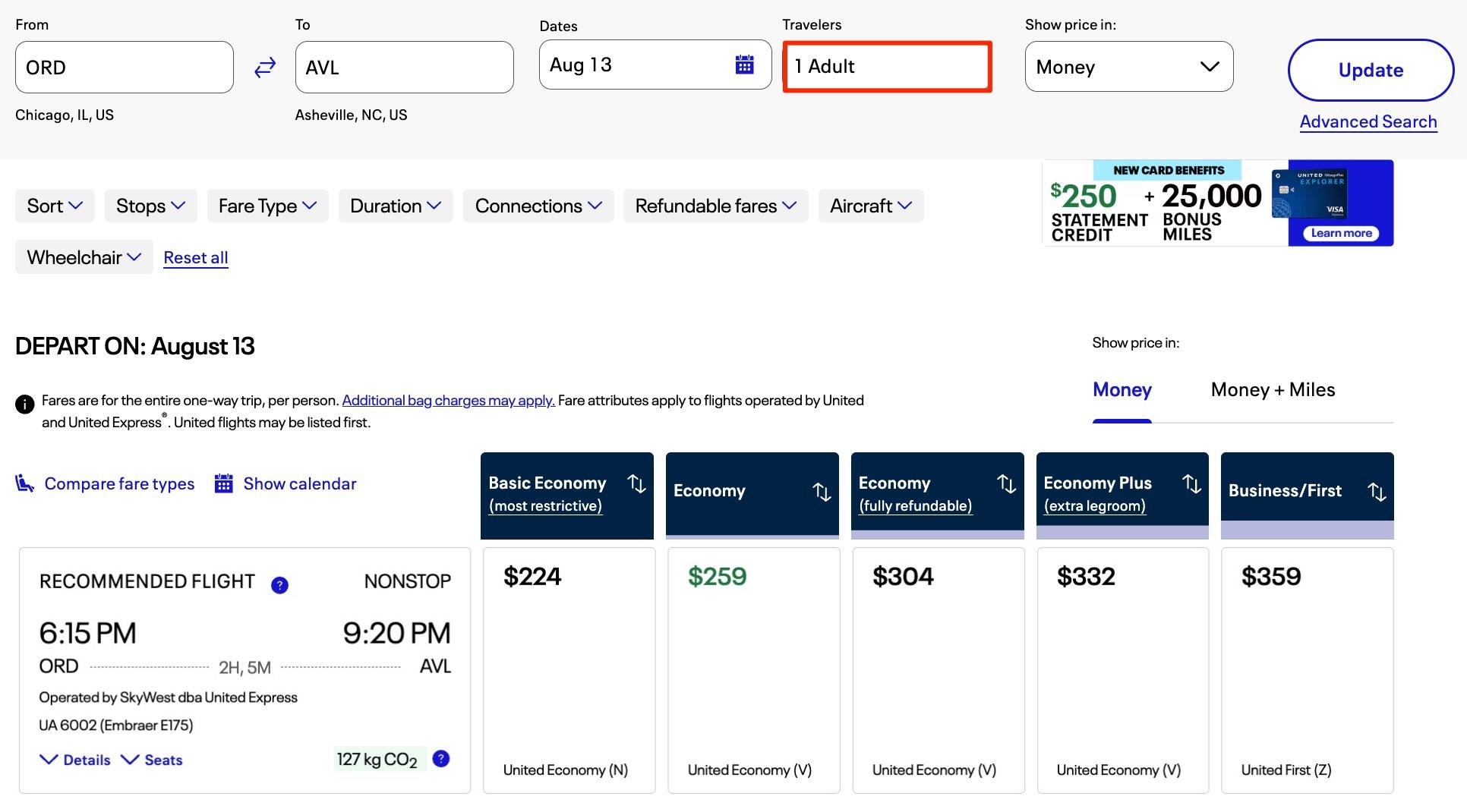
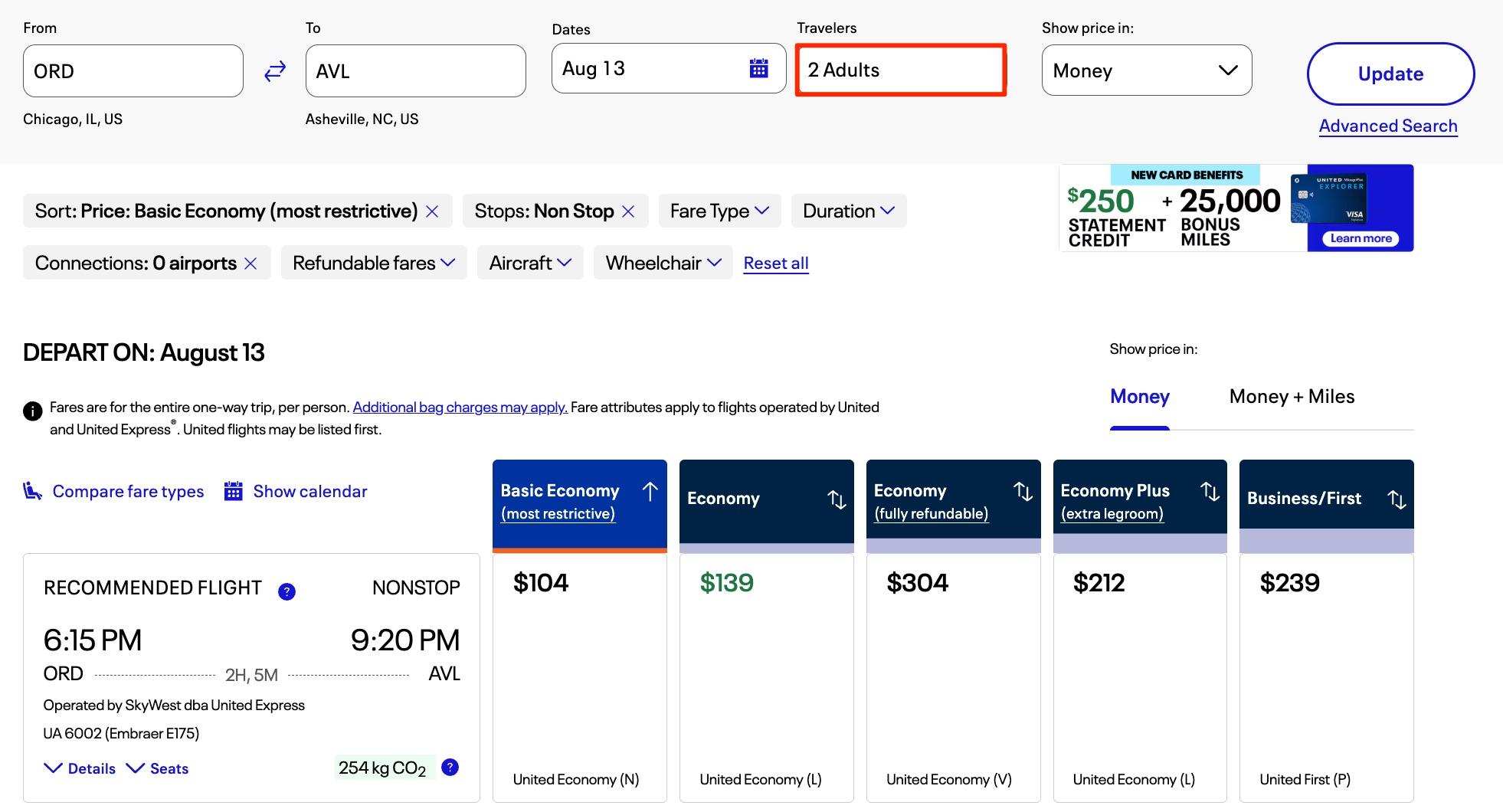
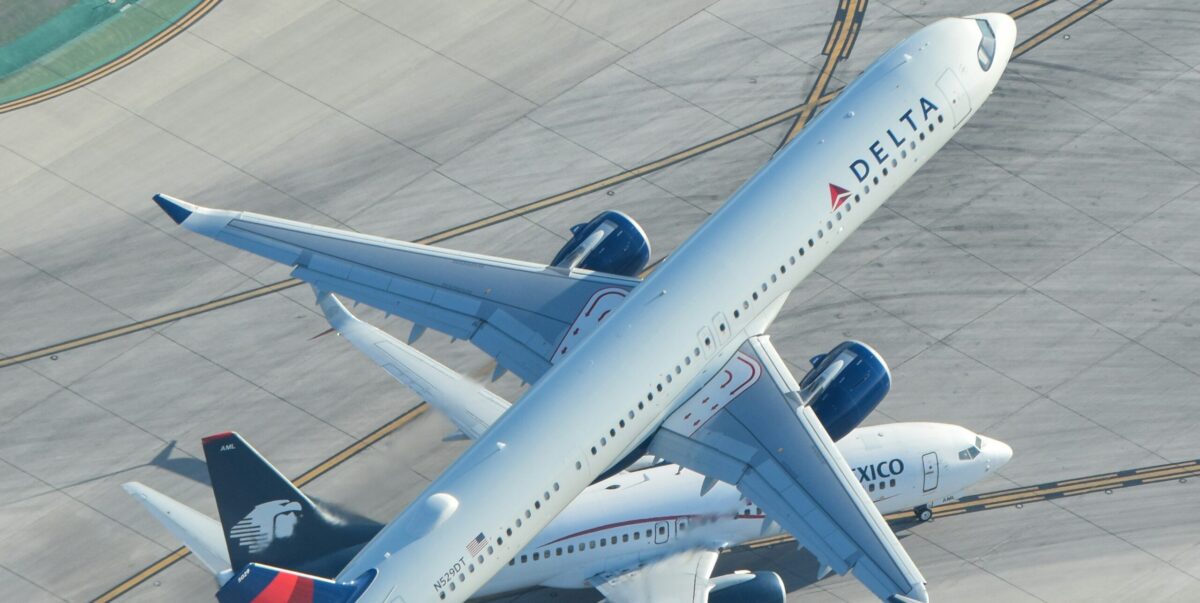
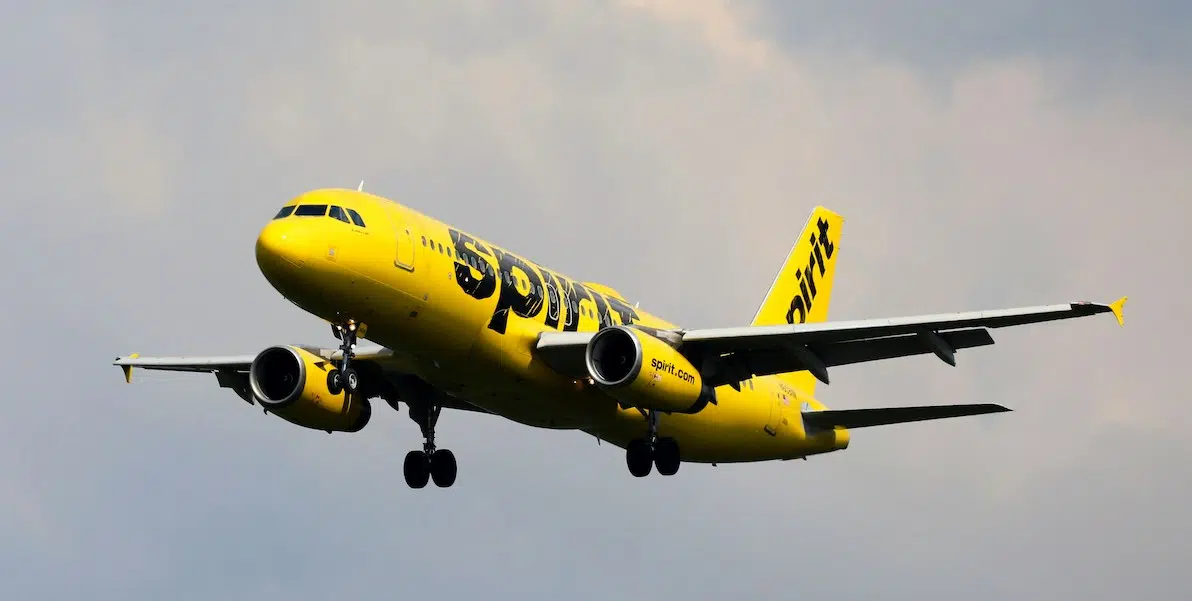
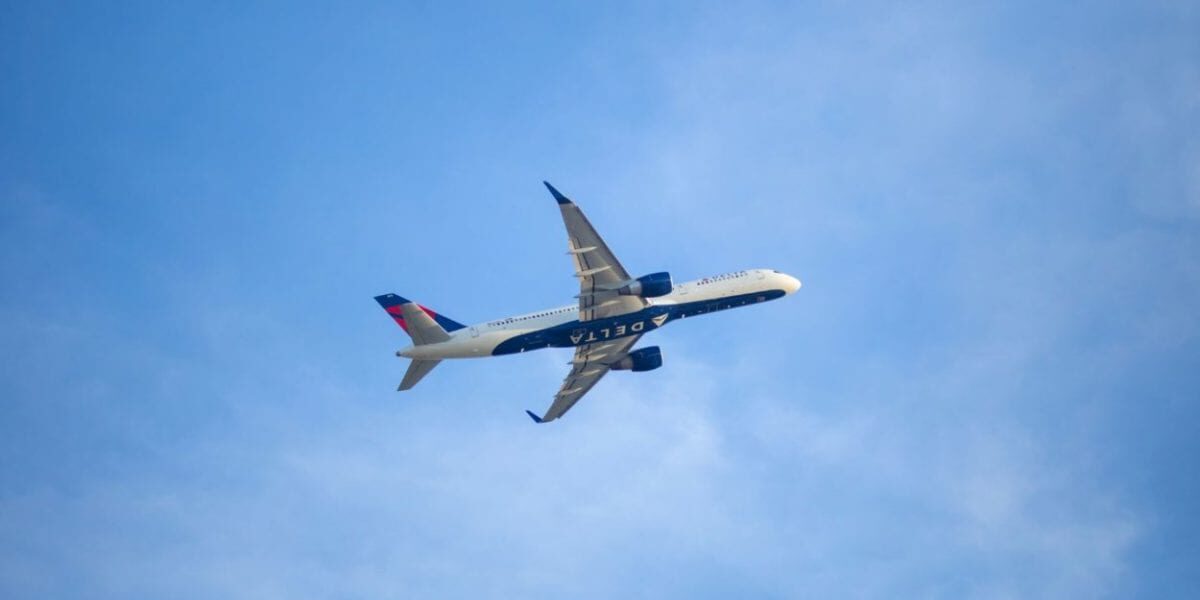
It would be nice if Government would collect taxes from those businesses without any explanations. This year let say $20 mln, next year $120 mln… next – maybe 1 bln…
One would think this is a form of discrimination.
As a recent widow with the lowered income this hurts a lot.
And what’s the big deal, retail stores do this all the time. You’re making a mountain out of nothing for clicks.
so just book 2 passengers at the lower rate and then cancel the one not traveling for a flight credit
I appreciate what you’re saying but … this is what’s it’s come to? Spend more money to buy two tickets, one of which you cancel and gets treated as a loan to the airline that will disappear in a year? I think we can do better than that.